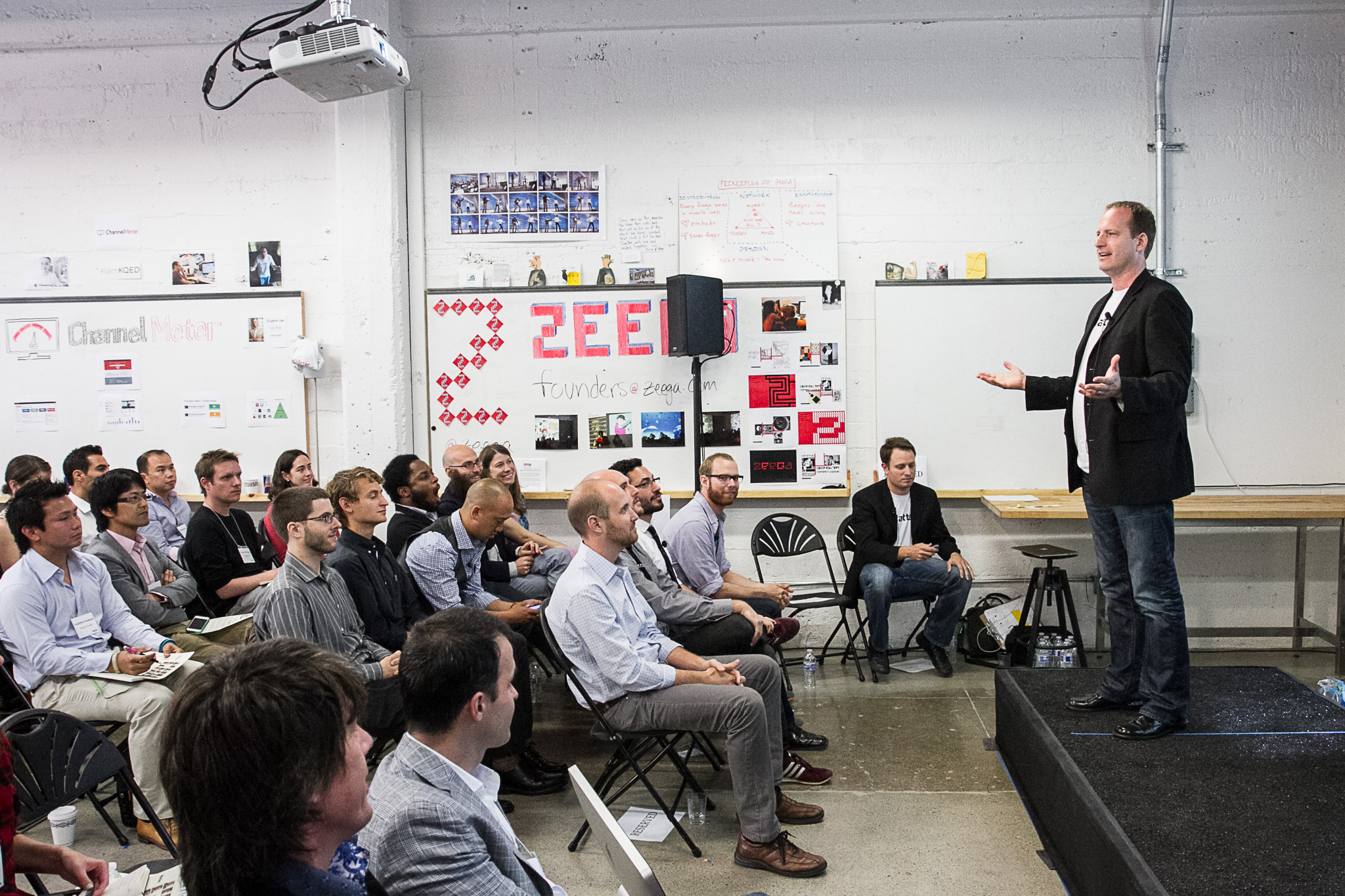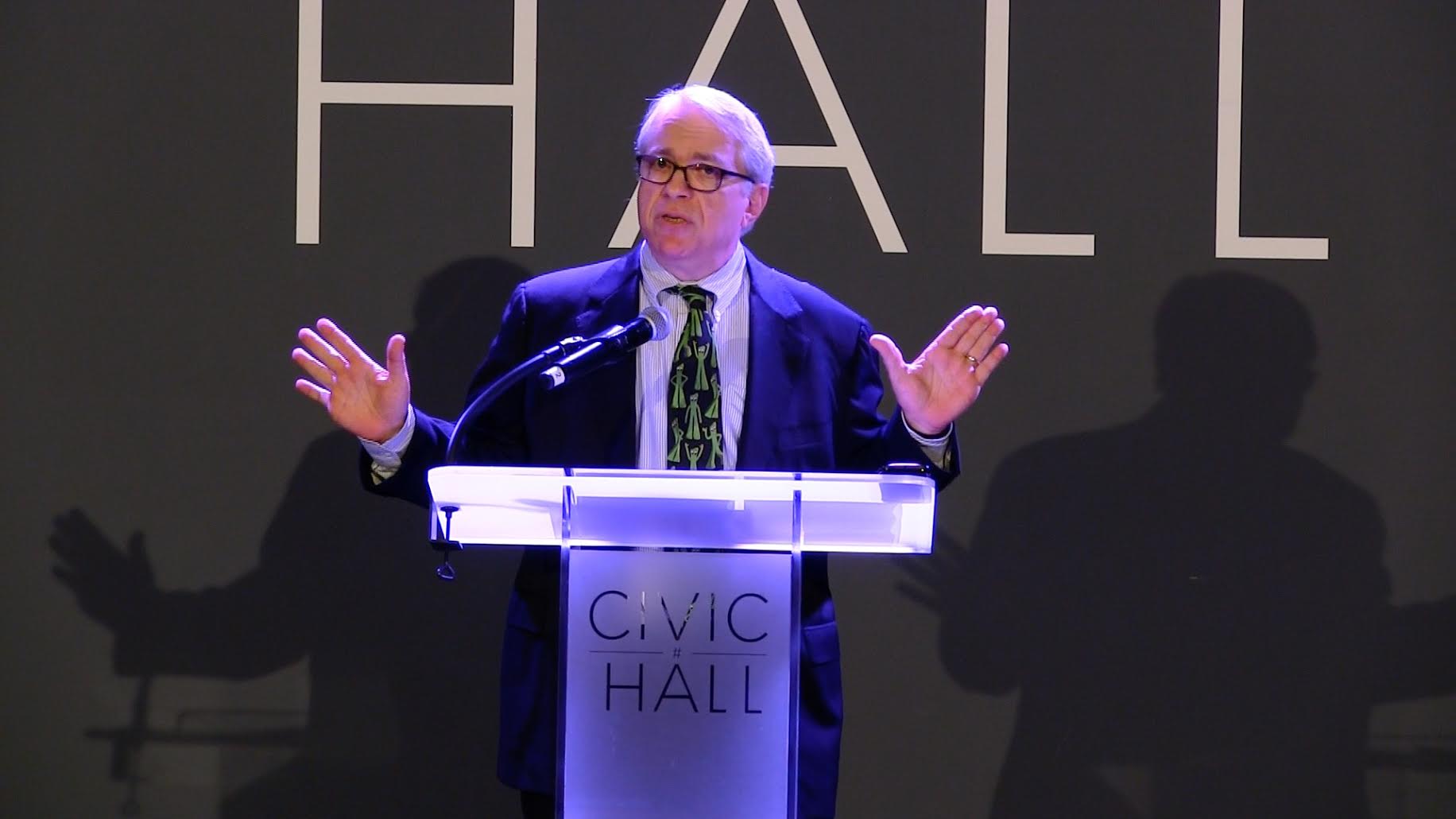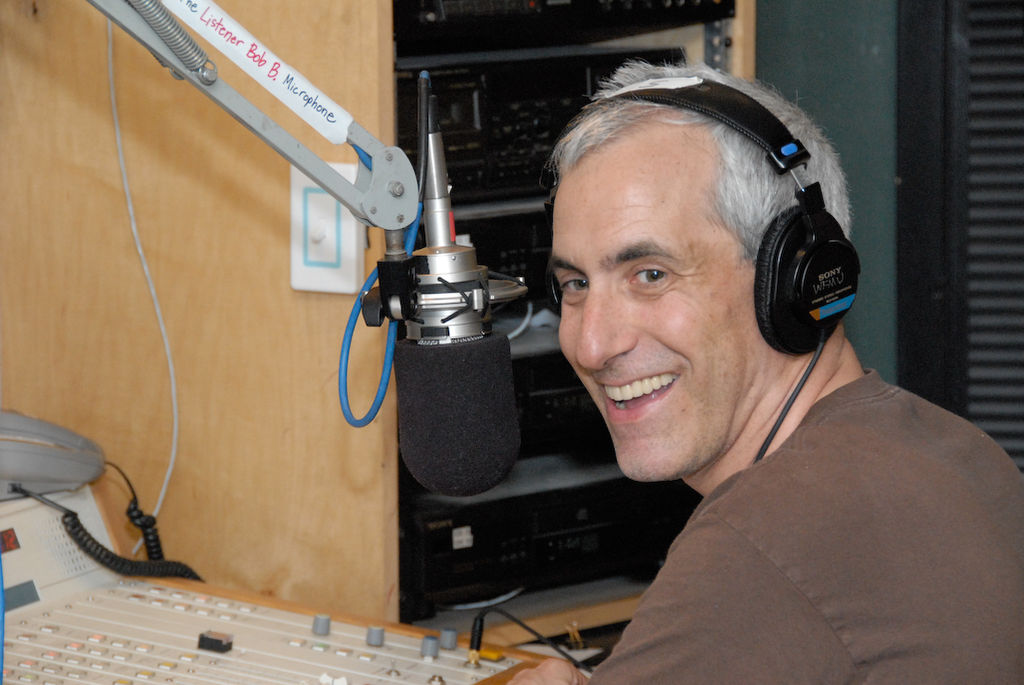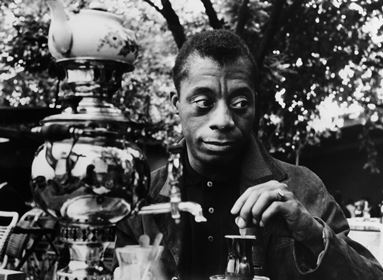Tag: WFMU
After delays, WFMU’s Audience Engine aims for early 2017 rollout
The project’s ambitious scale has prolonged development.At CIR–WFMU show, comedians mine environmental reporting for laughs
The show highlighted New Jersey’s legacy of pollution.Serving mission, seeking profits through public benefit corporations
RadioPublic joins a cadre of startups choosing the new hybrid structure.Audience Engine creator merges with radio playlist company Spinitron
The merger is the latest step in Audience Engine’s plan to help noncommercial radio stations increase engagement and fundraising.At debut, Audience Engine offers CRM and pledge-drive tools
Creators of the open-source software call it “a new tool for media and democracy.”WFMU receives further Dodge funding for Audience Engine
The New Jersey–based funder has now contributed $500,000 to the crowdfunding and community-building platform.WFMU’s Audience Engine aims to help make public media sustainable
The content management system is designed to aid content creators in growing audience and digital fundraising.Monday roundup: The need for Ferguson coverage; WFMU’s story, in film
Plus: WNET goes deep on poverty, and a jazz radio legend has died.Thursday roundup: Fahle leaving WDET, EFF chimes in on net neutrality
Plus: WFMU opens a new performance space, and Chris Hardwick compares NPR reporters to Star Wars characters.WFMU, Art21, L.A. Theatre Works among winners of NEA grants
The federal government awarded funds to transmedia projects as well as traditional broadcast programs.Rock, rot and rule: Best Show ends as Tom Scharpling looks to a life beyond WFMU
From WFMU’s tiny studios in Jersey City, N.J., using only rock songs, his own creativity and contributions of guests and callers, Scharpling ...Comedian Dave Hill will move into Best Show slot on WFMU
New Jersey–based freeform community radio station WFMU will replace The Best Show on WFMU in January with a program hosted by comedian ...WFMU’s Jersey City transmitter is back on-air
After sustaining damage to its studio and transmitters from Superstorm Sandy, independent freeform music station WFMU has resumed broadcasts on 91.1 FM ...Pubcasters battered by Superstorm Sandy
When Superstorm Sandy slammed into the most populated region of the United States Oct. 29, claiming at least 90 lives and wreaking ...Lourdes Garcia-Navarro was honored for distinguished reporting from the world’s most volatile regions.
NPR’s Jerusalem-based foreign correspondent received CPB’s highest award, recognizing outstanding contributions to public radio, during an April 9 dinner attended by top ...










